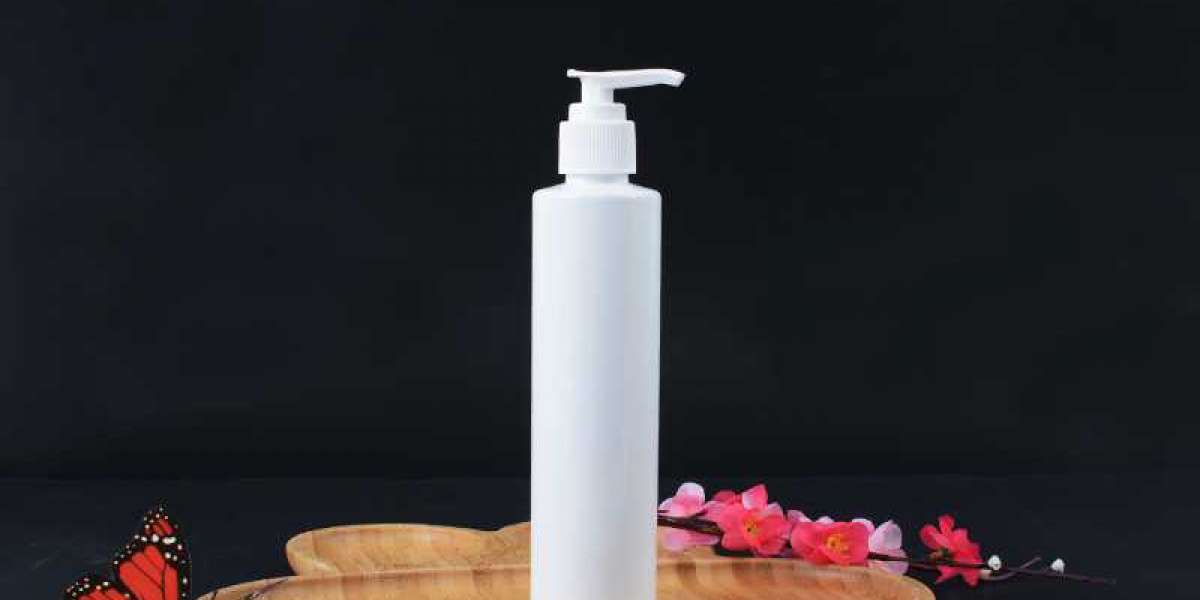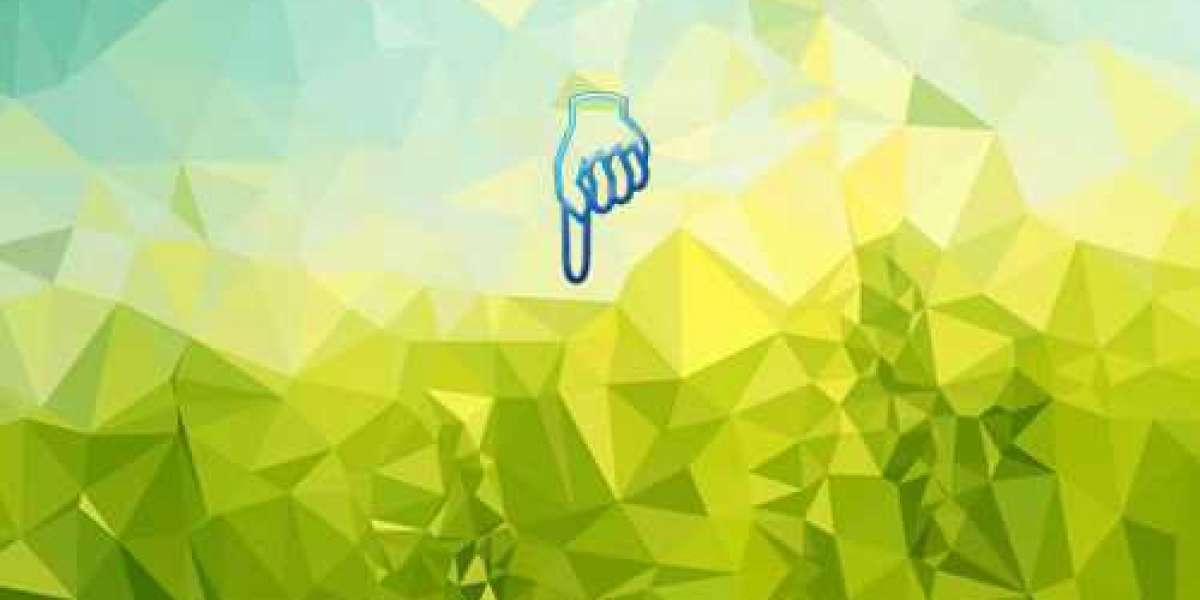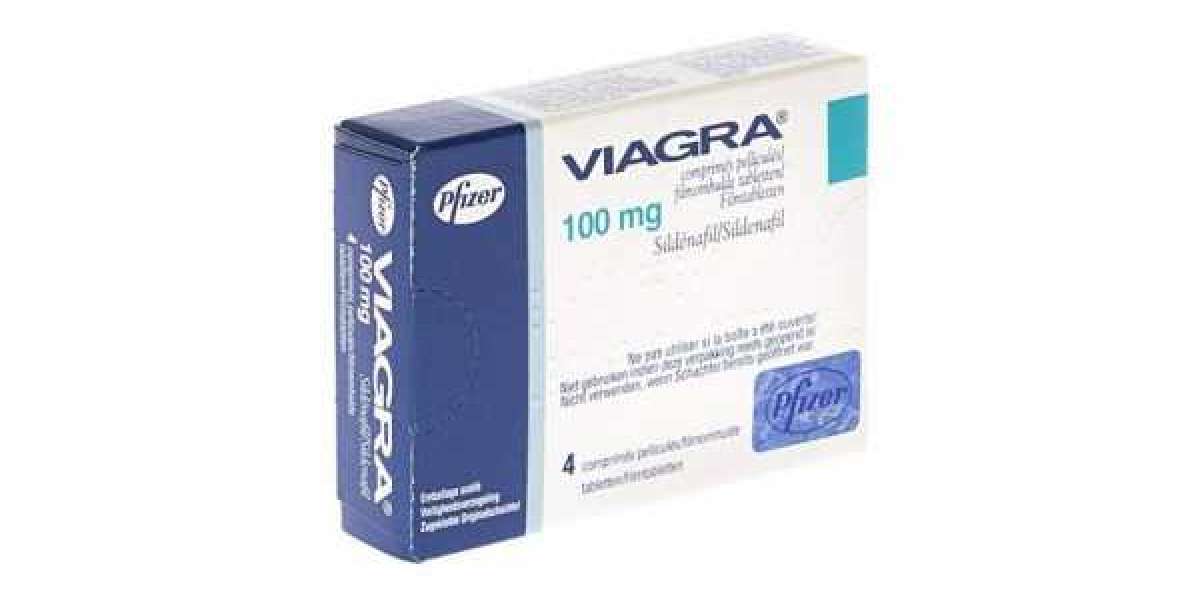Walk into the fast food restaurant closest to you, and you will see a refrigerator full of cold drinks. There is no doubt that you will see rows of beverages that specialize in Pepsi and Coca-Cola, not to mention all the beverages produced by Pepsi and Coca-Cola. Many of these will be packaged in a plastic Beverage Bottle.
We don’t want to overwhelm you with all the sad and thought-provoking facts about plastic pollution on our planet, but we do need to talk about our plastic issues. Specifically, plastic bottles are also the dilemma that some of the world's largest beverage manufacturers continue to make for us.
With everything we know about the environmental problems that plastic poses, why do these big companies continue to use this material? Do they want to cut costs, or are there deeper issues at work? Ultimately, what solutions must we try to eliminate the damage that plastics have already caused to the world?
The life of a plastic bottle
The first fully synthetic plastic was invented in 1907, although this material did not become mainstream until the mid-1900s. During World War II, plastics helped produce everything from rocket launchers to aircraft parts. After the war, it provided manufacturers with an economical way to produce everything from toys to containers to furniture. People like plastics-they embrace the pleasure of disposable life, and don't think about how long these objects will exist in Mother Earth.
Polyethylene terephthalate (PET), a material commonly used in plastics in contact with food or beverages, is light and durable. The PET pellets are melted at a temperature of approximately 500 degrees Fahrenheit and placed in a bottle mold, cooled to maintain their shape, and voila, you already have a lightweight, strong bottle.
The problem is that the plastic will not disappear into the air after we drink the bottle of soda. Although technically you can put it in a recycling bin, the vast majority of plastic waste (91% to be precise) is never recycled. In some cases, it will burn and pollute the air, or it will end up in landfills or our oceans. There, it would take at least 400 years to decompose (if not longer), which means that every piece of plastic once created still exists today. In addition, when it decomposes into our environment, it will continue to cause harm. You can find plastic fiber in tap water all over the world. I'm sorry to break it, but there is also plastic in your body waste.
The biggest plastic bottle criminal
Pepsi and Coca-Cola are recognized as two of the world's top three plastic pollution companies (Nestlé also joins them). The discovery came from inspections of more than 187,000 pieces of rubbish collected from 239 beach cleanups in 42 countries. The worst culprit is Coca-Cola. Except for the two audited countries, Coca-Cola brand products have been found in all other countries. More than 11,000 products are from the brand-and this is clearly identifiable. Nonetheless, when Coca-Cola admitted to producing 3 million tons of plastic annually, this was expected.
To make these results even more frustrating, the Coca-Cola Company and Pepsi-Cola Company were named the world’s most serious plastic waste offenders for the second year in a row. These brands have made lofty sustainability commitments and goals. For example, Coca-Cola hopes to “collect and recycle the equivalent of every bottle or bottles that can be sold globally by 2030”, and PepsiCo hopes to reduce 35% of its beverages. Virgin plastics will be used in the 2025 portfolio. These goals are a necessary step in the right direction, but such concerns are justified; they are still frontrunners in plastic pollution rather than revolution.
In fact, it also has an impact on Plastic Cosmetic Bottles, after all, beverage bottles have an impact
The use of plastic bottles all over the world, including Plastic Cosmetic Bottles .













